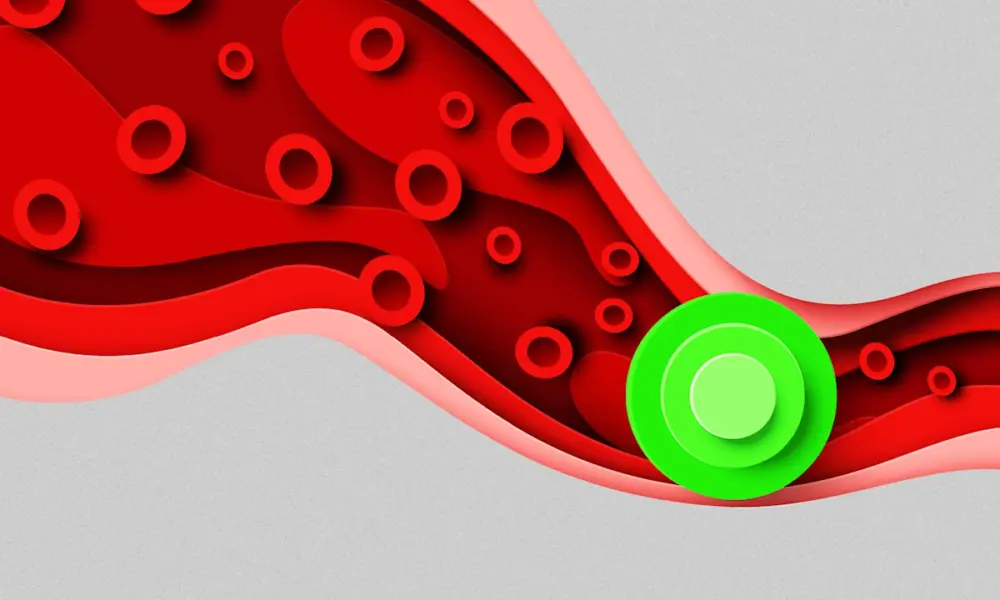A new blood test developed by the U.S. pharmaceutical company Grail has shown the potential to detect over 50 types of cancer, significantly enhancing early diagnosis capabilities. Known as the Galleri test, this innovative approach identifies fragments of DNA in a person’s bloodstream that may indicate the presence of cancerous tumors. Notably, the test targets many cancers that currently lack established screening programs.
Study Findings and Implications
The findings stem from the PATHFINDER 2 study, which involved more than 36,000 participants aged 50 and older who exhibited no symptoms of cancer. Among participants tracked for over a year, the Galleri test successfully detected approximately 40.4% of cancer cases. Furthermore, of those who received a positive result, 61.6% were subsequently diagnosed with cancer. These results indicate a marked improvement compared to earlier trials.
The study’s results were presented on October 14, 2023, at the European Society for Medical Oncology meeting in Berlin, but have not yet been published in a peer-reviewed journal. Grail’s president, Josh Ofman, noted that the Galleri test, when paired with existing screenings for breast, cervical, colorectal, lung, and prostate cancers, resulted in a more than seven-fold increase in cancer detection rates.
Significant Early Detection
The Galleri test is particularly noteworthy for its ability to identify cancers that often evade early diagnosis, such as ovarian and pancreatic cancers. According to Grail, over half (53.5%) of the detected cancers were in stages I or II, which are generally more treatable. The test also demonstrated a remarkable accuracy of 92% in predicting the origin of the cancer.
The potential of this blood test to save lives through earlier detection is emphasized by Grail’s president of biopharma, Sir Harpal Kumar. He stated, “The vast majority of people who die from cancer do so because we find their cancers too late.”
Despite the promising findings, some experts have urged caution. Concerns were raised regarding the risk of overdiagnosing cancers that may not necessitate treatment, highlighting the need for further research before the Galleri test can be widely adopted. Ongoing trials in England involving 140,000 participants are expected to yield results next year.
As the medical community closely monitors these developments, the Galleri test represents a significant step forward in cancer detection technology, with the potential to reshape screening practices and improve outcomes for patients.







